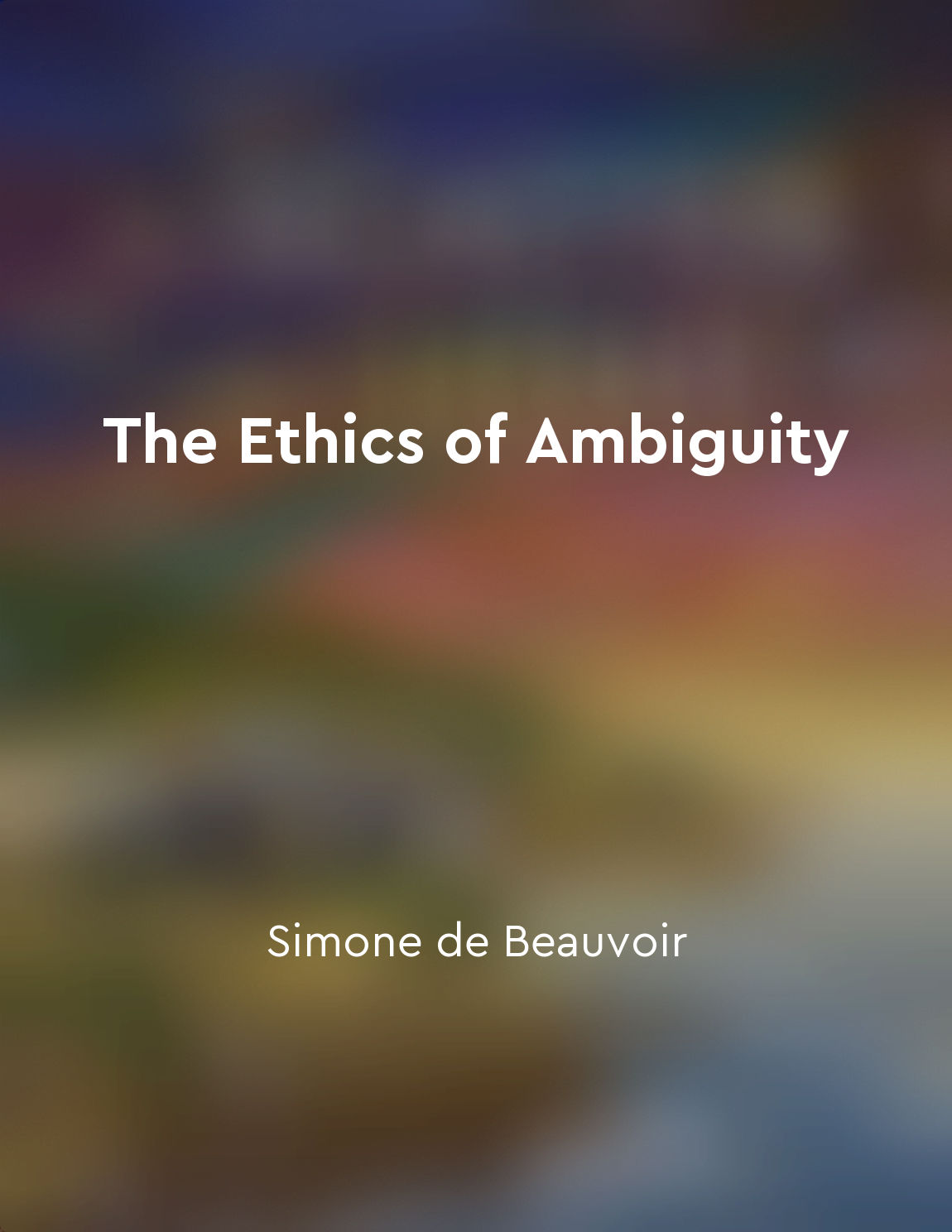Reason is the source of moral authority from "summary" of THE CRITIQUE OF PRACTICAL REASON by Immanuel Kant
Reason, according to Kant, is the ultimate source of moral authority. It is through reason that we are able to determine what is morally right or wrong, and it is reason that provides the foundation for our moral principles. Kant argues that moral principles must be based on reason rather than emotion or desire, as reason is the only faculty that can provide us with universal and objective moral truths. Unlike desires and inclinations, which can vary from person to person, reason is a faculty that is common to all rational beings. This universality of reason allows us to establish moral principles that apply to all individuals, regardless of their personal preferences or circumstances. In this way, reason serves as a unifying force that can guide our actions and choices in a consistent and rational manner. Moreover...Similar Posts
Diversity of opinions
The concept of diversity of opinions is crucial for the progress of society. When individuals are free to express their thought...
Moral foundations can be manipulated for political gain
Moral foundations are the deeply held beliefs that shape our understanding of right and wrong, guiding our judgments and decisi...
Fair equality of opportunity
Fair equality of opportunity is a key principle in the distribution of social goods and opportunities within a just society. Th...
Freedom of thought as a human right
The right to freedom of thought is a fundamental human right that must be upheld in any society that claims to value individual...
Society shapes individual values and norms
In the intricate web of human interactions, individuals find themselves constantly influenced by the society in which they are ...

Embracing ambiguity is a form of liberation
Embracing ambiguity as a form of liberation is a radical idea that challenges conventional notions of certainty and clarity. In...
Nietzsche challenged traditional values and morals
Nietzsche was a philosopher who sought to question and deconstruct the established values and morals of his time. He believed t...
Custom and habit shape behavior
Human behavior is greatly influenced by custom and habit. These two factors hold immense power over our actions, shaping them i...
Humility leads to growth
Let us consider the idea that acknowledging one's limitations and imperfections can actually be a catalyst for personal develop...
Concepts without intuitions are empty
According to Kant, concepts without intuitions lack content and are therefore empty. In other words, concepts, or the general i...
